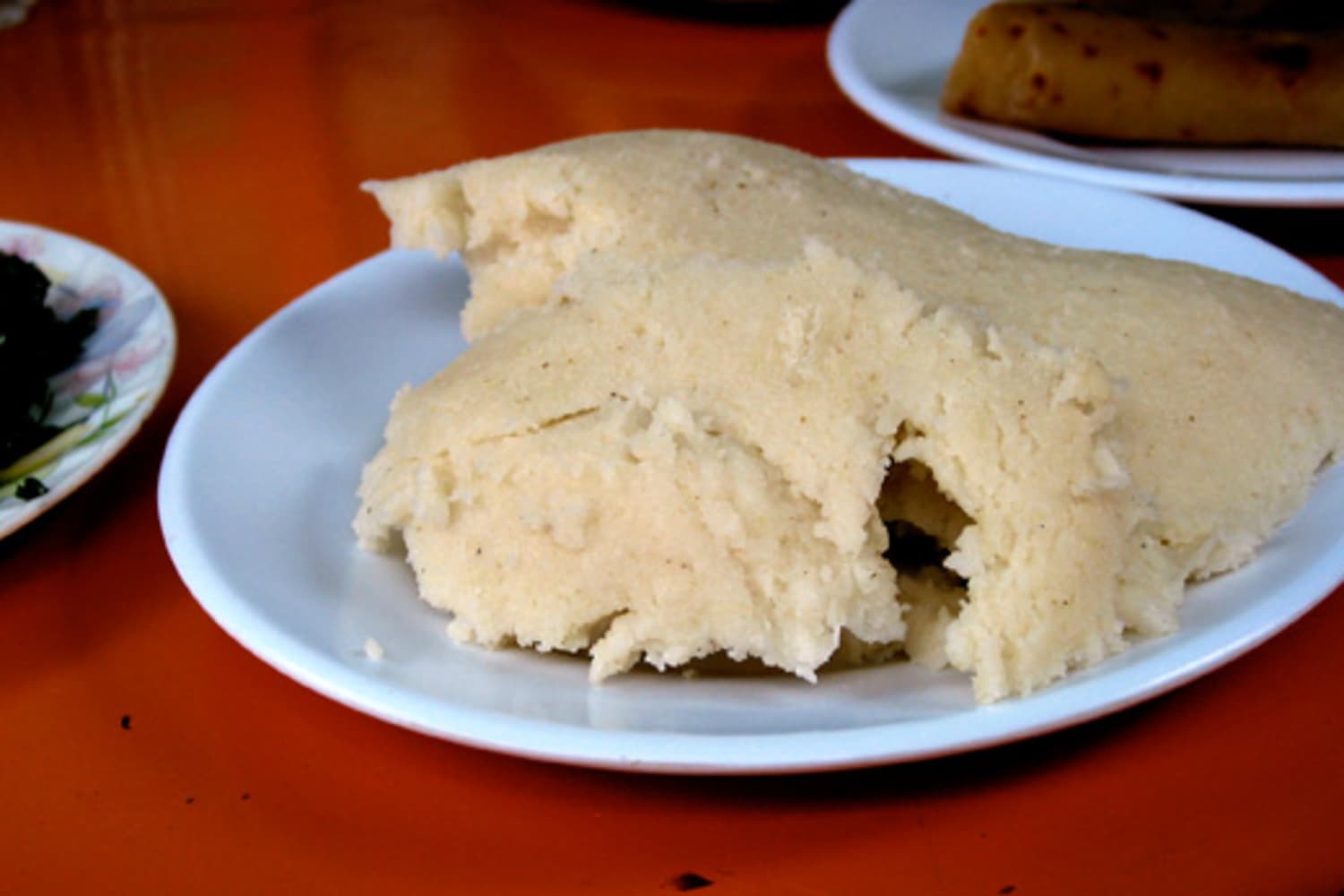Understanding Organic Rice
Organic rice is a type of rice that is grown using natural and sustainable farming methods. Unlike conventional rice farming, organic rice production does not involve the use of synthetic pesticides, fertilizers, or genetically modified organisms (GMOs). Instead, organic rice farmers rely on traditional and environmentally friendly practices to cultivate their crops.
Key Characteristics of Organic Rice
When it comes to understanding organic rice, there are several key characteristics that set it apart from conventionally grown rice:
- Organic Certification: Organic rice is certified by regulatory bodies to ensure that it meets specific standards for organic agriculture. This certification guarantees that the rice has been grown and processed in accordance with organic principles.
- Environmental Sustainability: Organic rice farming focuses on preserving the natural environment by promoting soil health, biodiversity, and water conservation. By avoiding the use of synthetic chemicals, organic rice production minimizes the impact on ecosystems and wildlife.
- Health Benefits: Organic rice is free from synthetic pesticides and chemical residues, making it a healthier choice for consumers. It also retains more nutrients and antioxidants compared to conventionally grown rice.
- Non-GMO: Organic rice is non-genetically modified, meaning that it has not been altered using genetic engineering techniques. This ensures that the rice maintains its natural genetic integrity.
Benefits of Choosing Organic Rice
There are several reasons why consumers may opt for organic rice over conventional varieties:
- Reduced Exposure to Chemicals: By choosing organic rice, consumers can minimize their exposure to synthetic pesticides and fertilizers, which have been linked to potential health risks.
- Support for Sustainable Agriculture: Purchasing organic rice supports farmers who are committed to sustainable and environmentally responsible farming practices. This helps promote the long-term health of agricultural ecosystems.
- Healthier Option: Organic rice is often considered a healthier option due to its lack of chemical residues and higher nutrient content. It can be particularly beneficial for individuals with sensitivities to synthetic chemicals.
- Environmental Conservation: Organic rice farming contributes to the conservation of natural resources, including soil, water, and biodiversity. By choosing organic rice, consumers can play a role in promoting ecological sustainability.
How to Identify Organic Rice
When shopping for organic rice, look for the following indicators to ensure that you are purchasing a genuine organic product:
- Organic Certification Label: Check for the presence of an organic certification label or seal on the packaging. This indicates that the rice has met the standards set forth by organic certification organizations.
- Ingredient List: Review the ingredient list to confirm that the rice is labeled as organic. Look for specific terms such as “certified organic” or “USDA organic” to identify organic varieties.
- Product Claims: Pay attention to any product claims or marketing statements that highlight the organic nature of the rice. These can provide additional assurance of the rice’s organic status.
Conclusion
Organic rice offers a range of benefits, from environmental sustainability to improved health outcomes. By choosing organic rice, consumers can support sustainable agriculture while enjoying a natural and wholesome food product. With its commitment to natural farming practices and environmental stewardship, organic rice continues to be a popular choice for individuals seeking a healthier and more eco-conscious option.
Was this page helpful?
Read Next: What Is Navel Pastrami?











